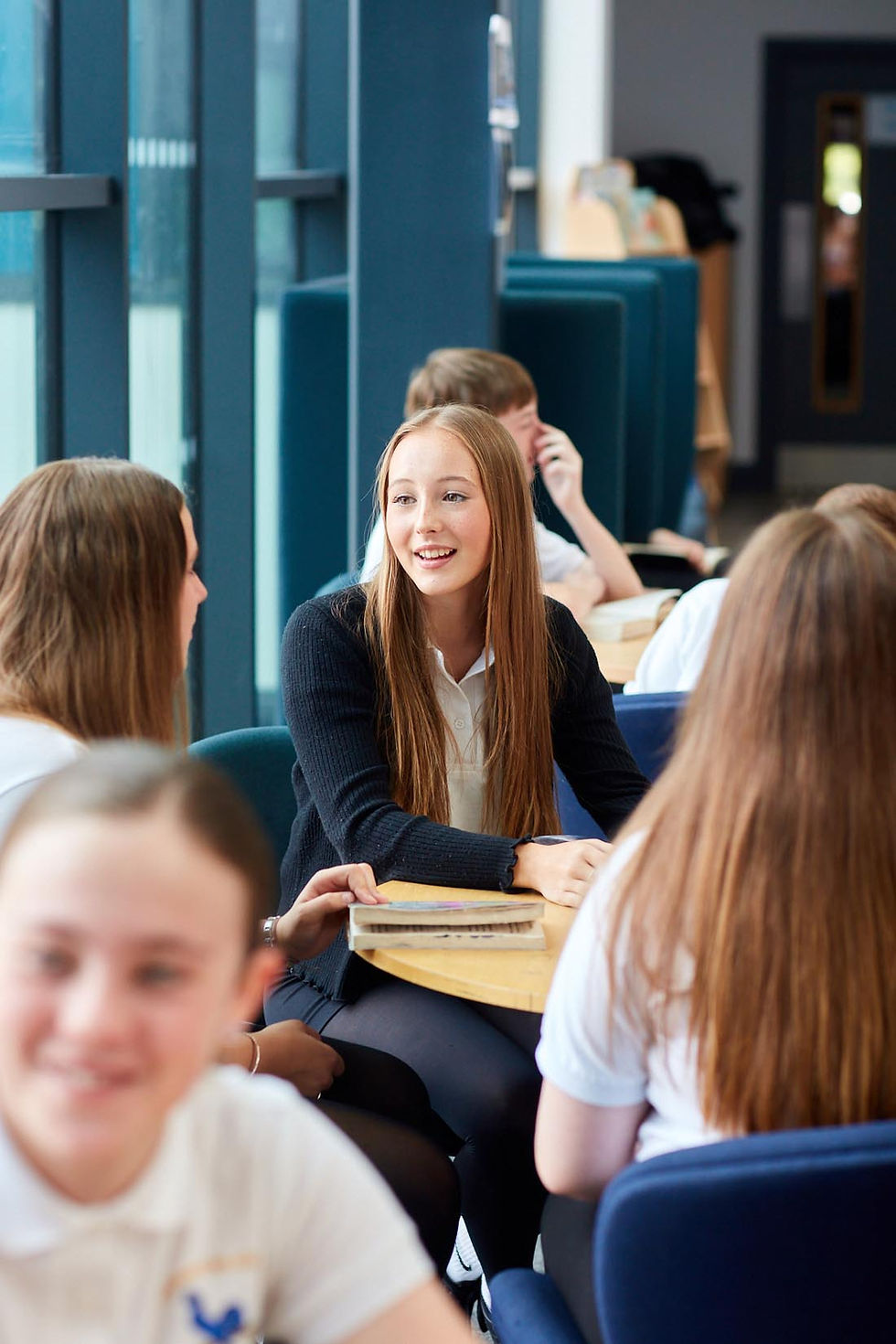
This short video here provides an overarching explanation of the Curriculum for Wales and what is changing in Welsh Education. Alongside this a parents’ and carers’ information sheet can be found here.
At Croesyceiliog, using national guidance working collaboratively across the Croesyceiliog cluster and listening to feedback from staff and pupils, we have created our new curriculum. We have made sure this curriculum secures a broad and balanced learning and teaching experience for each pupil.


Curriculum
.jpg)
To support delivery of the CfW our school is organised into these AoLEs and each one is led by a Leader of Faculty. These are leaders of teaching and learning.
As we have planned our Croesy curriculum we have thought carefully about the cross cutting themes of:
-
human rights
-
diversity and respecting differences
-
experiences and skills for careers and the workplace
-
learning about local, national and international contexts
-
developmentally appropriate relationships and sexuality education.
Our teachers and leaders, using our high levels planning documents, have already mapped where these cross cutting themes occur naturally. As our curriculum develops, year on year, we will refine our approaches. The breadth and depth of topics covered will increase overtime as pupils mature and are ready to tackle more complex issues.
Through our curriculum, we will enable and expect a pupil to become:
-
Ambitious, capable learners, ready to learn throughout their life;
-
Enterprising, creative contributors, ready to play a full part in life and work;
-
Ethical, informed citizens, ready to take part in Wales and the world, and;
-
Healthy, confident individuals, ready to lead a fulfilling life as a valued members of society.
Pupils will experience and develop cross curricular skills, these are:
-
Literacy
-
Numeracy
-
Digital competence
Learning at Croesyceiliog will be organised into six Areas of Learning Experience (AoLE); these will be taught through and across subject disciplines.
Learning at Croesyceiliog will be organised into six Areas of Learning Experience (AoLE); these will be taught through and across subject disciplines.

Expressive Arts
In Expressive Arts, pupils will explore art, dance, drama, film and digital media and music to develop their creative, artistic and performance skills.

Humanities
In Humanities, pupils will learn about the world, society and events in the past and present. They’ll explore the challenges and opportunities that face us, and what ethical action we can take to safeguard the world and its people in the future

Mathematics
In Mathematics and Numeracy, pupils will develop their understanding of numbers and use symbols in maths. They’ll explore shapes and measurement and learn about statistics and probability.

Health and
Well-being
Health and Well-being is about looking after pupil physical and mental health including emotional well-being. Pupils will learn about healthy eating and how to make good decisions, deal with influences and develop healthy relationships.

Languages
In Languages, Literacy and Communication, pupils will learn about languages. They’ll understand and use Welsh, English and other languages. They’ll study and create literature, and communicate in spoken, written or visual ways. This could include poetry, drama and film.

Science and Technology
In Science and Technology pupils will learn about biology, chemistry, physics, computer science and design and technology.
They’ll learn about design and engineering, living things, matter, forces and energy, and how computers work.

Welcome
At Croesyceiliog School, literacy is the foundation of all learning. We recognise that strong literacy skills in speaking, listening, reading, and writing are essential for success across the curriculum and beyond.
Oracy is embedded into our daily practice through the Voice 21 framework, which places emphasis on structured, purposeful talk. Pupils learn to summarise, question, clarify, and challenge ideas. Our culture of talk nurtures their ability to articulate thoughts clearly, collaborate effectively, and engage respectfully with diverse perspectives.
Our reading curriculum spans a wide range of genres, time periods, and disciplines. We equip pupils with a toolkit of reading strategies that help them process, interpret, and evaluate what they read. They are encouraged to become critical readers across the curriculum—discerning in their thinking, reflective in their understanding, and curious about the world around them.
Additionally, Accelerated Reader and Star Reader Assessments are used for our year 7 and 8 pupils to maximise the progress of reading. Parents can sign up to Home Connect to receive emails every time an assessment or quiz is taken, allowing them to fully support their child at home . Use the link here
Writing development at Croesyceiliog adopts metacognitive approaches that support pupils in understanding how writing functions in different contexts. Pupils are taught to recognise the purpose, audience, and structure of various text types, enabling them to write with clarity, creativity, and control. They are given the space and support to experiment with language, organisation, and tone, while also refining technical accuracy and coherence.
At its core, our literacy curriculum prepares pupils for lifelong success. The ability to communicate effectively underpins emotional wellbeing, social confidence, academic achievement, and future employment. Whether articulating a viewpoint, analysing a text, or crafting a compelling piece of writing, our students are developing the skills that will enable them to thrive in an increasingly complex and interconnected world.
At Croesyceiliog School, literacy is the foundation of all learning. We recognise that strong literacy skills in speaking, listening, reading, and writing are essential for success across the curriculum and beyond. Oracy is embedded into our daily practice through the Voice 21 framework, which places emphasis on structured, purposeful talk. Pupils learn to summarise, question, clarify, and challenge ideas. Our culture of talk nurtures their ability to articulate thoughts clearly, collaborate effectively, and engage respectfully with diverse perspectives. Our reading curriculum spans a wide range of genres, time periods, and disciplines. We equip pupils with a toolkit of reading strategies that help them process, interpret, and evaluate what they read. They are encouraged to become critical readers across the curriculum—discerning in their thinking, reflective in their understanding, and curious about the world around them. Additionally, Accelerated Reader and Star Reader Assessments are used for our year 7 and 8 pupils to maximise the progress of reading. Parents can sign up to Home Connect to receive emails every time an assessment or quiz is taken, allowing them to fully support their child at home . Writing development at Croesyceiliog adopts metacognitive approaches that support pupils in understanding how writing functions in different contexts. Pupils are taught to recognise the purpose, audience, and structure of various text types, enabling them to write with clarity, creativity, and control. They are given the space and support to experiment with language, organisation, and tone, while also refining technical accuracy and coherence. At its core, our literacy curriculum prepares pupils for lifelong success. The ability to communicate effectively underpins emotional wellbeing, social confidence, academic achievement, and future employment. Whether articulating a viewpoint, analysing a text, or crafting a compelling piece of writing, our students are developing the skills that will enable them to thrive in an increasingly complex and interconnected world.
Literacy

Numeracy
We have made a commitment at Croesyceiliog School to develop a strong foundation of numerical skills for all our pupils. Their journey is designed around the five proficiencies; conceptual understanding, procedural fluency, strategic competence, adaptive reasoning, and productive disposition.
As part of our commitment, every teacher takes responsibility for building our pupils’ confidence in using their numeracy skills. We aim to offer authentic experiences across the curriculum so they are ready to understand and navigate the world around them. This approach is a key part of Curriculum for Wales, which emphasises the development of integrated skills to prepare pupils for real-life situations and lifelong learning.
When effectively understood and applied, numeracy will allow pupils to see how maths is used in everyday life. They will also be able to think critically and solve problems using data and logical reasoning. As William Paul Thurston mentions:

"Mathematics is not about numbers, equations, computations, or algorithms: it is about understanding."
With this in mind, we aim for our pupils to leave us as independent, critical thinkers who can evaluate information, interpret it effectively, and judge its reliability – enabling them to achieve the four purposes.
We have made a commitment at Croesyceiliog School to develop a strong foundation of numerical skills for all our pupils. Their journey is designed around the five proficiencies; conceptual understanding, procedural fluency, strategic competence, adaptive reasoning, and productive disposition. As part of our commitment, every teacher takes responsibility for building our pupils’ confidence in using their numeracy skills. We aim to offer authentic experiences across the curriculum so they are ready to understand and navigate the world around them. This approach is a key part of Curriculum for Wales, which emphasises the development of integrated skills to prepare pupils for real-life situations and lifelong learning. When effectively understood and applied, numeracy will allow pupils to see how maths is used in everyday life. They will also be able to think critically and solve problems using data and logical reasoning. As William Paul Thurston mentions:
Digital Competence Framework (DCF)
The Digital Competence Framework is a key part of the Curriculum for Wales. It ensures that all pupils develop the digital skills they need to thrive in an increasingly digital world. Digital competence is one of the three mandatory cross-curricular skills, alongside literacy and numeracy.
Digital competence empowers pupils to:
-
Use technology creatively and responsibly
-
Stay safe online
-
Solve problems using digital tools
-
Communicate and collaborate effectively in digital environments
The DCF is divided into four key strands which we develop within ICT lessons and beyond. The strands are:
-
Citizenship – Understanding digital rights, responsibilities, and online safety.
-
Interacting and Collaborating – Communicating and working with others using digital tools.
-
Producing – Creating digital content for different purposes and audiences.
-
Data and Computational Thinking – Handling data and developing problem-solving skills through coding and logic.

All teachers, across all subjects, are responsible for embedding digital competence into their teaching. This whole-school approach ensures that digital skills are developed progressively and meaningfully. At Croesyceiliog School, we integrate digital competence across the curriculum. From using collaboration in MFL to creating digital presentations in History, our pupils are supported to become confident, capable digital citizens.
The Digital Competence Framework is a key part of the Curriculum for Wales. It ensures that all pupils develop the digital skills they need to thrive in an increasingly digital world. Digital competence is one of the three mandatory cross-curricular skills, alongside literacy and numeracy. Digital competence empowers pupils to: • Use technology creatively and responsibly • Stay safe online • Solve problems using digital tools • Communicate and collaborate effectively in digital environments The DCF is divided into four key strands which we develop within ICT lessons and beyond. The strands are: 1. Citizenship – Understanding digital rights, responsibilities, and online safety. 2. Interacting and Collaborating – Communicating and working with others using digital tools. 3. Producing – Creating digital content for different purposes and audiences. 4. Data and Computational Thinking – Handling data and developing problem-solving skills through coding and logic. All teachers, across all subjects, are responsible for embedding digital competence into their teaching. This whole-school approach ensures that digital skills are developed progressively and meaningfully. At Croesyceiliog School, we integrate digital competence across the curriculum. From using collaboration in MFL to creating digital presentations in History, our pupils are supported to become confident, capable digital citizens.
Curriculum for Wales
Our curriculum at Croesyceiliog School is everything a learner experiences at our school in pursuit of the four purposes. When designing our curriculum, we have kept the needs of our learners at the forefront of our minds. We carefully considered what we teach, how we teach and why we teach it? In addition, we have thought carefully how we can further extend learning out of the classroom making the most of our extensive grounds and our local community.
Through our careful planning and using our best practice that we have developed over a number of years we will secure learning and teaching that offers appropriate progression for every pupil, is suitable for each pupil's age, ability and aptitude and takes account if a student has an identified Additional Learning Need (ALN) or are More Able and Talented (MAT).
Explore Croesyceiliog School and discover how we empower every pupil to excel








